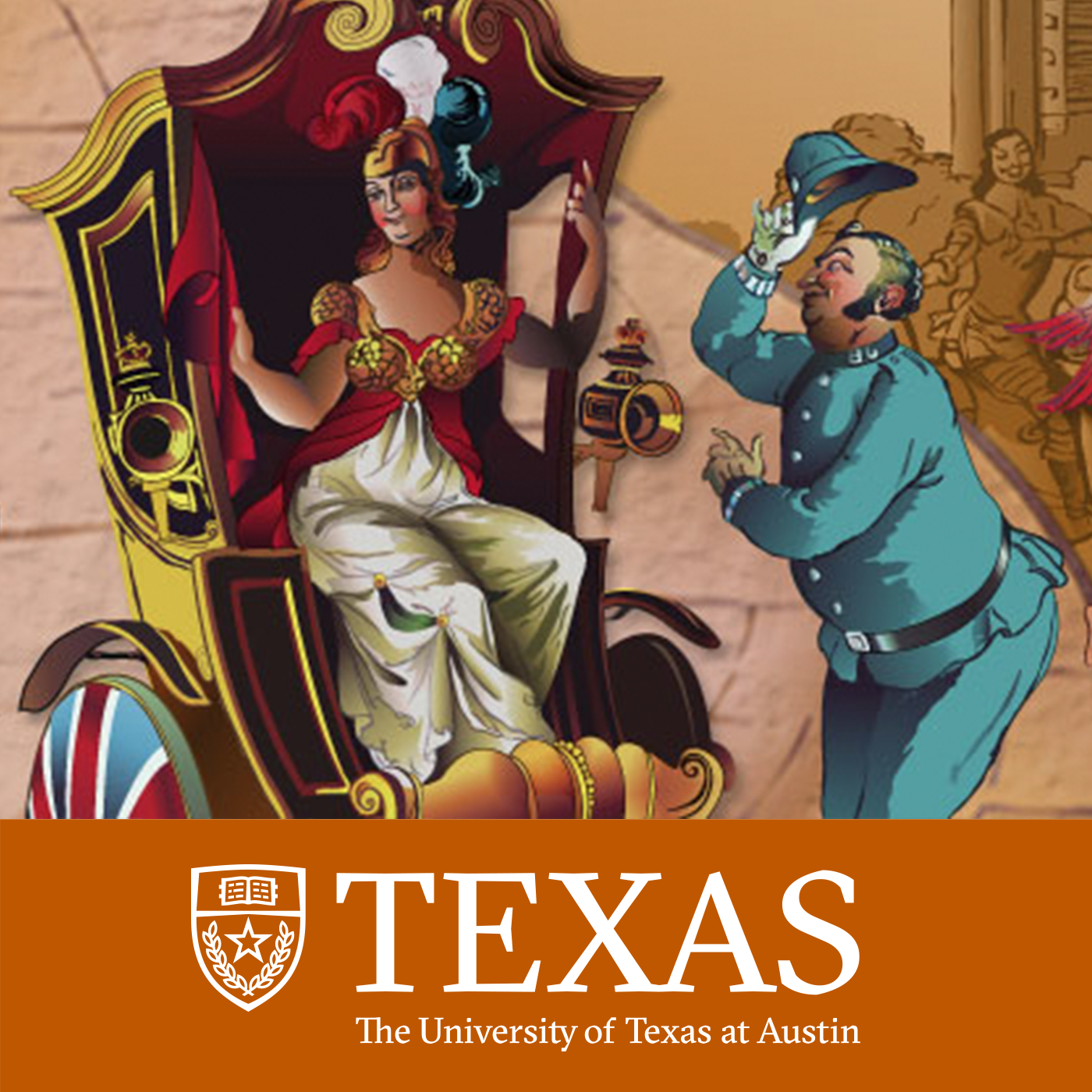Bloomsbury and Harry Potter
Description
Speaker – Nigel Newton CHIEF EXECUTIVE, BLOOMSBURY PUBLISHING, LONDON
The Harry Potter books have been translated into some 75 languages and have sold more than 450 million copies. Nigel Newton owes the inspiration to publish the first in the series to his young daughter, who read the manuscript and insisted that it was ‘much better than anything else.’ He initially sent J. K. Rowling a check for £2,500. The novels tell coming-of-age stories fantastically yet also realistically, setting them in a world of wizardry, spells, and quidditch as well as homework, adolescent crushes, and cruel elders. Yet not all the grownups are malign: Dumbledore, the headmaster of the wizards’ school Hogwarts, according to Rowling herself, ‘is the epitome of goodness.’ What are Nigel Newton’s own impressions of the characters—and, in his view, the reasons for the success of the series? Nigel Newton is an American-born British publisher originally from San Francisco. He studied English at Selwyn College, Cambridge. He then stayed on in England, learning the book trade first at Macmillan and then at Sidgwick and Jackson, where he became deputy managing director at age 27. He first thought of creating a new company in 1984, and launched Bloomsbury two years later. The firm quickly became prosperous, and its success was ensured when it published J. K. Rowling. Is there a future for Bloomsbury after Harry Potter? ‘You can bet your Hogwarts there is’—especially since I. B. Tauris has now merged with Bloomsbury.
More Episodes
Paula Marantz Cohen DREXEL UNIVERSITY
How can decline in enrollments in the humanities be explained? Nationwide in recent years estimates of the drop in liberal arts majors range from one-fourth to one-third of those in English, history, government, philosophy and other traditional subjects....
Published 03/10/20
Published 03/10/20
Aaron Pratt HARRY RANSOM CENTER
Before the publication of Shakespeare’s First Folio in 1623 and the efforts of subsequent editors and critics, England’s printed playbooks were considered “riff raff,” connected more with the world of London’s popular theaters than with what we might think of as...
Published 03/02/20


